Frutadeli, one of the main producers and exporters of bananas in Ecuador, continues to stand out in the global banana market.
Although not the world's largest banana producer, Ecuador is the main exporter and stands out for the quality of its fruit. According to CEO Sandra Monroy, Frutadeli has built a solid reputation for delivering quality bananas, even on long transit routes ranging from 32 days to North Africa and 45 days to Asia. Despite the distances, Ecuadorian bananas arrive fresh thanks to strict quality standards and a focus on "green living." This has been key to the country consolidating its position in the competitive Asian market.
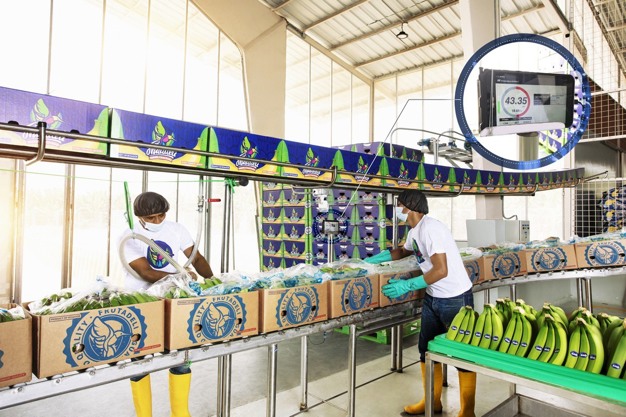
In Asia, especially China, there has been a remarkable growth in the demand for Ecuadorian bananas in recent years. Monroy says that China has become a potential market for exporters like Frutadeli, especially this year, after the signing of the free trade agreement between Ecuador and China, which is granting preferential access to a market with 1.4 billion consumers with high purchasing power thanks to the immediate and gradual elimination of tariffs. In the case of bananas, which are taxed at 10%, the reduction will reach 0% after 10 years, with 1% deducted each year. "This agreement opens the door to greater opportunities in the Asian market, which is crucial, given that in Ecuador we produce bananas all year round," says Monroy.
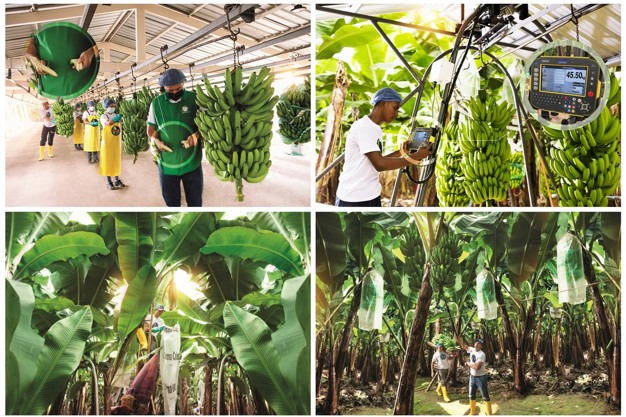
Despite the great market potential, banana producers in Ecuador face significant challenges, especially due to climate change. "We are seeing drastic changes in weather patterns, with very high daytime temperatures followed by cold nights, which is stressing the plants and affecting their growth and weight," says Monroy. This unpredictable weather is having an impact on the production, forcing companies like Frutadeli to adjust their harvest forecasts. "Also, we currently need more bananas to deliver the volumes demanded by each market."
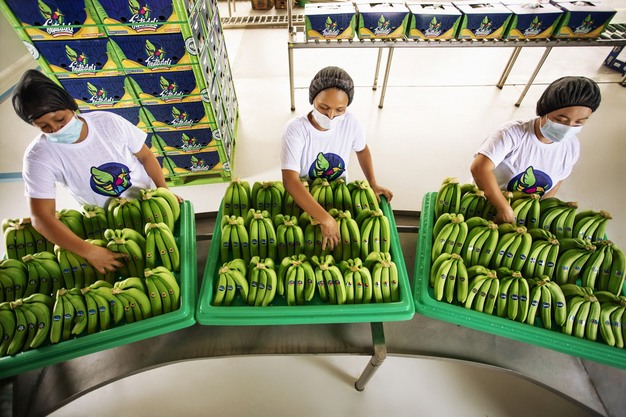
In addition to climatic problems, Frutadeli is also facing the threat of the spread of diseases such as Ralstonia bacteria, commonly known as banana moko, and the real threat of the Panama disease. These diseases, which are already affecting banana crops in neighbouring countries, raise concerns about Ecuador's vulnerability. "This crisis has made it more difficult for Ecuador to manage its plantations. Their owners have had to leave the fields and manage their farms from the city, which has contributed to the rapid spread of Ralstonia bacteria," says Monroy.
Frutadeli works with more than 6,500 hectares of banana plantations, including its own and those of associated producers. The company exports between 300 and 400 containers of bananas a week, depending on the season, with its key markets being North Africa, the Middle East, Central Asia and China, where they are suppliers to the company Good Farmer.
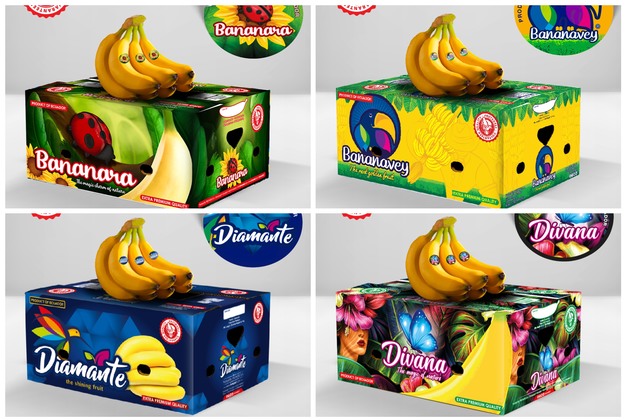
Despite the global challenges in banana production, Monroy is still optimistic about Frutadeli's future, especially regarding its expansion into new markets. With promising developments in infrastructure, including a direct shipping route from Peru to China, banana exporters in Ecuador will benefit from faster and more efficient logistics. "Asia, especially China, remains a market full of potential, and we are ready to meet that demand with quality bananas all year round," says Monroy.
For more information: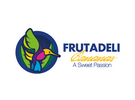
Frutadeli
Ecuador
Sandra Monroy
Tel.: +593 99 918 2653
[email protected]
www.frutadeli.com
